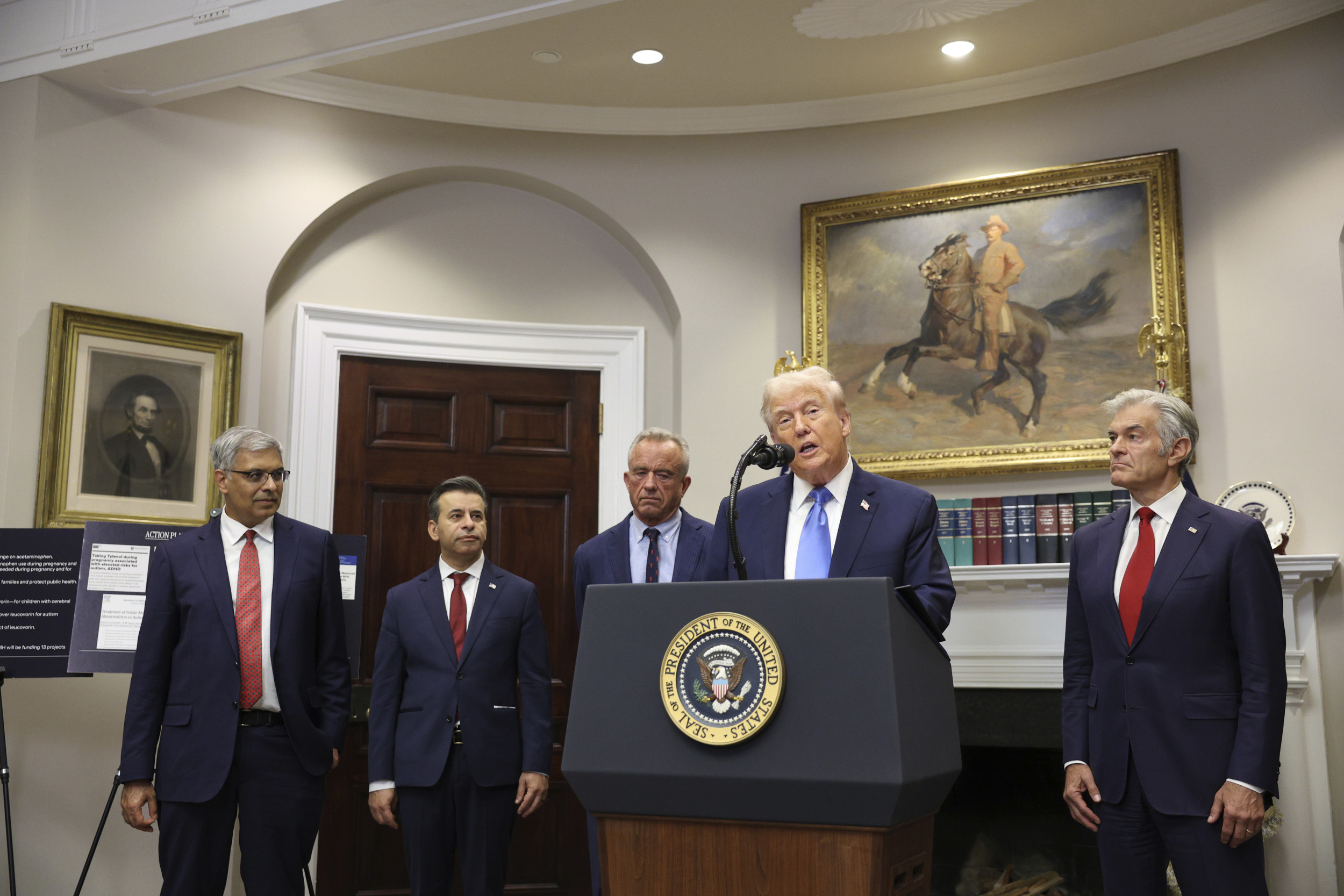
President Donald Trump‘s policies are exacerbating the issues that have led to the current crisis in U.S. housing availability, according to Nobel Prize-winning economist Paul Krugman.
This week, Treasury Secretary Scott Bessent said that the president was considering declaring a national housing emergency, potentially enabling the federal government to expedite development by bypassing certain regulatory and zoning requirements.
However, Krugman, recipient of the 2008 Nobel Prize in Economic Sciences, believes that Trump’s “non-housing policies,” such as tariffs on critical construction imports “will discourage home construction” and exacerbate the conditions that have led to such an emergency.
“Everything Trump is doing that affects housing availability will make the emergency worse,” Krugman wrote in a recent blog post.
Newsweek has contacted the White House via email for comment outside of regular hours.
Why It Matters
Americans have increasingly struggled to gain a foothold on the property ladder, reflecting nationwide financial difficulties, as well as a shortfall of affordable housing units despite an overall surge in inventory levels. Sellers have been unable to offload their properties as buyer demand has cooled, an overall slowdown in activity that some experts warn could feed into wider economic issues.
What To Know
Krugman believes that the U.S. is confronting a crisis in terms of housing.
“Over the past decade home prices have risen much faster than the overall cost of living, so the popular perception that housing has become unaffordable is grounded in reality,” he wrote.
House prices have significantly outpaced annual household income in recent years, a gap which widened notably following the COVID-19 pandemic.
Krugman attributes this largely to a drop in homebuilding, and said that the answer is “to build more housing by increasing population density, in particular by building multifamily housing.”

Chip Somodevilla/Getty Images
In an interview with the Washington Examiner this week, Bessent said that increasing housing supply would be the administration’s “biggest focus,” acknowledging Americans’ struggles with affordability as well as the growing trend of institutional investors purchasing homes and taking these off the market.
Bessent was also asked about a potential tariff reprieve for construction materials, responding that “everything is on the table.”
The National Association of Home Builders (NAHB), a trade association representing developers, contractors and associated businesses, has urged the Trump administration to exempt building materials from tariffs on Mexico and Canada. Mexico supplies crucial imports such as steel, aluminum, wood and plastics, while Canada remains the primary foreign source of lumber.
However, beyond expanded homebuilding, other factors could improve Americans’ purchasing power when it comes to homes. Bessent noted that elevated mortgage rates were adding to these affordability challenges and dissuading many Americans from buying.
The Federal Reserve is expected to cut interest rates by 25 basis points at its mid-September meeting, following months of pressure from Trump, a move likely to put downward pressure on mortgage rates.
What People Are Saying
Treasury Secretary Scott Bessent, in an interview with the Washington Examiner, said: “There are a lot of things that we can do. One, is interest rates coming down, which I think they will, because what we’ve seen are distributional problems. People with assets like high interest rates, or people who have a lot of cash, and then people with high credit card debt or who want to buy a house, want lower mortgage rates.”
Economist Paul Krugman, in his recent blog post, wrote: “Trump’s non-housing policies will discourage home construction. Nothing says ‘make housing cheaper’ like imposing a 35 percent tariff on imports of Canadian lumber and deporting many of the immigrant workers crucial to the U.S. construction industry.”
The NAHB, in a post to its website earlier this year, said: “Scarcity and an acute, sustained rise in building material costs — from softwood lumber to distribution transformers — are driving up the cost to construct homes and harming housing affordability. There are several factors driving this trend, notably inflationary pressures and global factors, including trade uncertainty.”
“For years, NAHB has been leading the fight against tariffs because of their detrimental effect on housing affordability,” it added. “In effect, the tariffs act as a tax on American builders, home buyers and consumers.”
What Happens Next?
Bessent said that the decision on whether to declare a national housing emergency would be made “this fall.”




